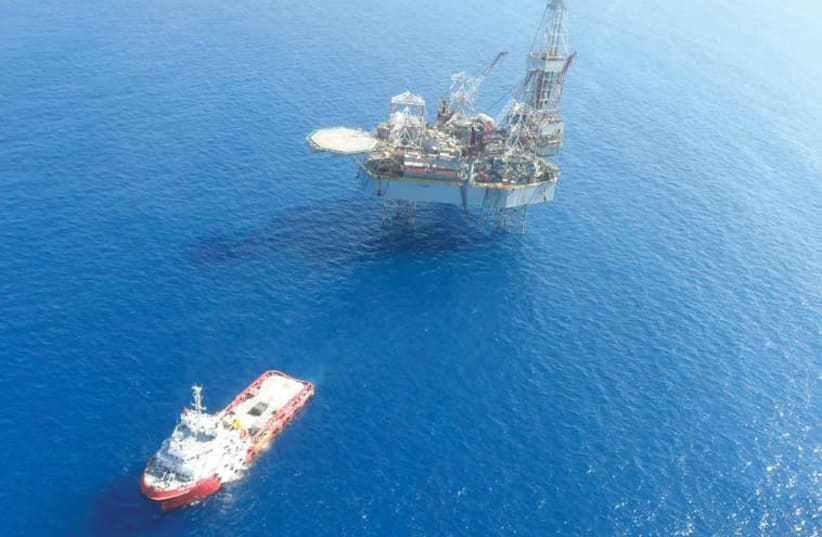Activists take to Tel Aviv streets to protest gas compromise
The demonstration's organizers said they were demanding the full disclosure of discussions that took place among members of the inter-ministerial team that negotiated with the gas companies.
